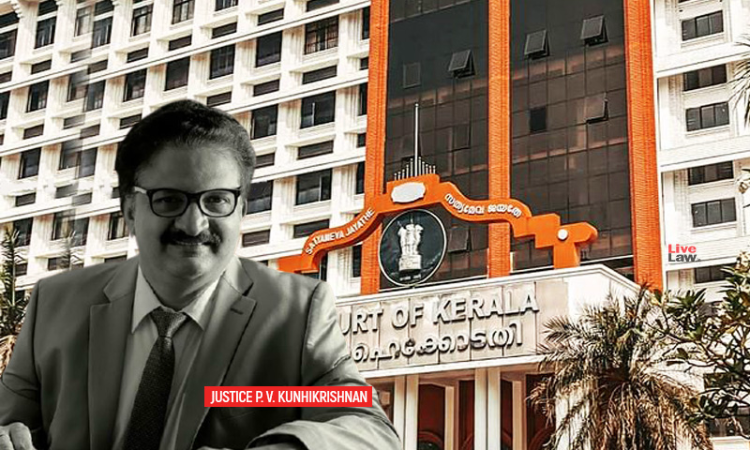The Kerala High Court recently observed that the primary cause of cases stockpiling under the Kerala Conservation of Paddy Land and Wetland Act, 2008 was the ignorance of law and its developments through judicial decisions. Justice P.V Kunhikrishnan thereby set aside orders passed by the Local Level Monitoring Committee and by the Revenue Division Officer, citing unsustainability under the...

